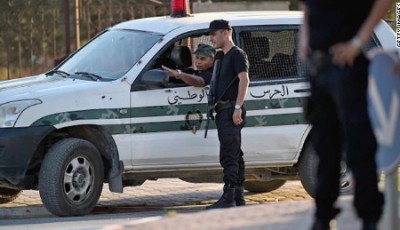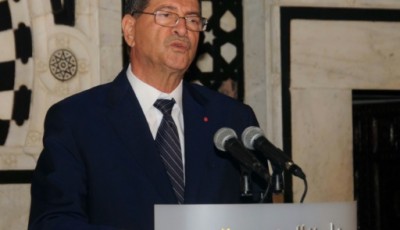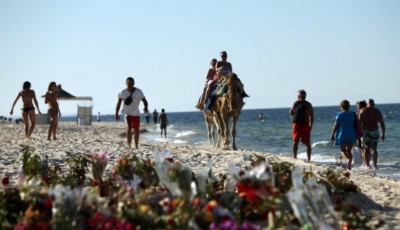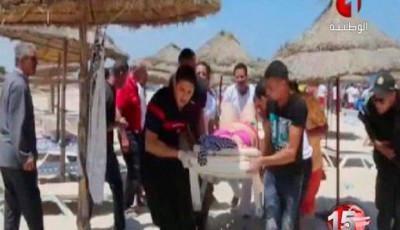Tunisia’s leader calls for emergency, country ‘not safe’
Under the country’s new constitution, approved in January a year ago, the president has the right “in the event of imminent danger threatening the nation’s institutions, or the security or independence of the country” to “take any measures necessitated by the exceptional circumstances”.
The Islamic State section of Libya has claimed responsibility for the attack and threatened more attacks to come. Analysts say that Tunisia has been affected by what’s going on in Libya and by those who have left the country to join these groups. The police took more than a half-hour to respond to the emergency.
Apart from allowing the barring of strike action, the measure allows the authorities to carry out raids on homes at any time of the day and to keep tabs on the media.
Tunisia has faced a surge in violence since the revolution and dozens of police and soldiers have been killed since then.
The latest deadly shooting rampage followed a March attack claimed by the ISIL militant group on Tunis’ Bardo National Museum, which killed over 20 foreign tourists and a policeman.
The country’s prime minister has also said the government will post armed guards at tourist sites and close mosques outside government control.
“Just as there have been security failures, there have also been political failures”, the prime minister’s communications adviser Dhafer Neji told the AFP news agency. “We feel really sorry about what happened”.
Tourists fled in horror as a Tunisian identified as 23-year-old Saif Rezgui pulled a Kalashnikov assault rifle from inside a beach umbrella and went on a shooting spree outside a five-star hotel.
Eight people have been arrested in suspicion of helping out the gunman, and the government says it has found links to those who planned the attack.
In March, gunmen killed 22 people, again mostly tourists, at The National Bardo Museum outside Tunis. The government has been seeking to increase the powers of the security forces as it grapples with an insurgency in the western border region and with terrorist attacks in cities.
Disillusionment and social exclusion as well as economic woes have fuelled radicalism among youths in Tunisia.
Terrorist attacks have seriously damaged Tunisia’s economy, which is heavily dependent on the tourism industry.












